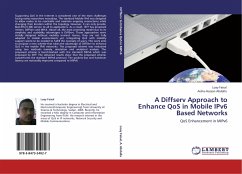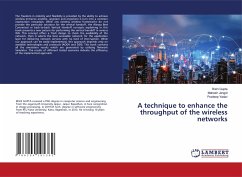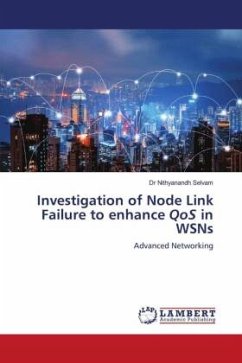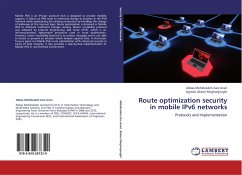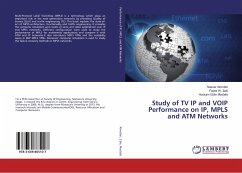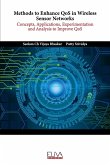Supporting QoS in the Internet is considered one of the main challenges facing many researchers nowadays. The standard Mobile IPv6 was designed to allow nodes to be reachable and maintain ongoing connections while changing their location within the topology. However, it can only provide Best-Effort (BE) service to all its applications. As a result, IETF has proposed IntServ, DiffServ and MPLS. Above all, the most promising model due to its simplicity and scalability advantages is DiffServ. Those approaches were initially designed without mobility in-mind. Hence, they are not fully adapted to mobile environments yet. Integrating QoS with mobility support seems to be needed to fulfill the necessity of users. This work aims to propose a new scheme that takes the advantage of DiffServ to enhance QoS in the mobile IPv6 networks. The proposed scheme was evaluated using two methods namely, simulation and analytical analysis. The proposed scheme is benchmarked with the standard MIPv6 which was proposed by IETF. The obtained results show that the proposed scheme outperforms the standard MIPv6 protocol. The packets loss and handover latency are noticeably improved compared to MIPv6.
Bitte wählen Sie Ihr Anliegen aus.
Rechnungen
Retourenschein anfordern
Bestellstatus
Storno

